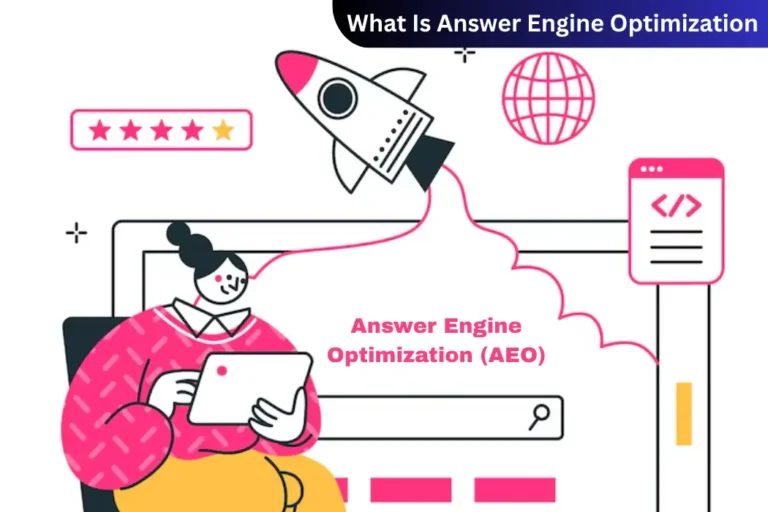Many on-demand industries, especially taxi or ridesharing, have shown a huge upsurge in mobile applications or Uber Clone Apps. It cannot be understated that lately, there has been a huge demand for convenient taxi services booked through a user-friendly app interface. In this blog, let’s understand how you can easily create a similar app like Uber without overspending.
While building an app from scratch is a complex and expensive feat, a more practical approach is using an Uber clone script. Essentially, a clone app provides you with the core features and functionality of Uber without needing to develop everything yourself. Let’s understand how it works:
How An Uber Clone App Works
An Uber clone is a white-label rideshare app that is similar to Uber’s passenger and driver apps. Moreover, you can manage the entire workflow through an admin panel. Here’s an overview:
For Passengers:
- Open the app to request a nearby driver
- Enter pickup location and destination
- See the fare for each taxi type available
- Book the taxi
- Track driver en route to pick up spot
- Pay seamlessly via the app
- Rate drivers and provide feedback after the trip
For Drivers:
- Receive notifications when passenger requests come in
- Accept or reject trip requests
- Use GPS navigation to reach passenger pickup
- The trip is marked as complete once the passenger is dropped off
- Receive and withdraw earnings
Admin/Dispatch:
- Review driver applications
- Approve and deactivate driver accounts
- Manage vehicles, documents, and earnings
- Set fare rates based on vehicle type
- View and manage ride data and analytics
As you can see, an Uber clone script eliminates the need to build a complex system from scratch. Moreover, customizing the app to match your brand identity is also simple and affordable.
Key Benefits of Using an Uber Clone
Those who cannot or are not able to spend time or money on app development are primarily drawn to clone apps. In reality, anyone who wishes to skip the design and development phase and launch straight into post-launch maintenance and marketing can opt for a clone app approach. Here are some of the main reasons to use a clone app as the foundation for your taxi startup:
Passenger App
- The estimated pickup time of the nearby drivers is displayed
- Fare split options for group rides
- Preferred or saved driver lists and ride histories
- In-app messaging to coordinate meetups
- Payment options integrating popular local methods
- Push notifications for new promotions and credits
Driver App
- Optimal route mapping based on traffic data
- Queue management to plan multi-stop trips
- Tools for vehicle and shift management
- In-app chat with dispatch or support agents
- Payments, incentives, and commission tracking
- Performance metrics and ratings
Admin Panel
- Data analytics dashboards
- Promotions and referral configuration
- Heat map/Surge Pricing
- Alerts and push notification options
- Report management
- Payment history
Overall, launching an Uber clone app mitigates the risk and technical complexity of the taxicab business model. Hence, you get the core functionality covered while also gaining the flexibility to customize the app to your specific business goals and local market.
Customizing and Launching Your App
The only part where you will be largely involved comes after buying the Uber Clone app. As soon as you confirm the approval of using clone apps, the source code of the clone app package is changed as per your business information. Uniquely, some of the most common customizable clone app elements include:
- App Interface: Add your company logo, color theme, and language
- Location Settings: Set up geo-fences around your service region(s)
- Payments: Connect to payment gateway and banks operating in your country
- Support: Configure in-app messaging and external channels like email or phone
While launching the actual app would require further strategic planning around marketing, supply incentives, and pricing, the Uber clone platform gets your startup technically ready to hit the ground running.
Costs Breakdown
You can expect to invest anywhere from $8,000 to $15,000 for a branded version of the white-label script. This covers customizing features and modules for your market, as well as some initial technology support. Early on, you may spend $2,000–$5,000 per month subsidizing drivers via new member bonuses and maintaining commission rates to incentivize good supply. To spread brand awareness in local markets to both customers and drivers, allocate around $4,000–$6,000 per month towards advertising across digital channels and traditional media. Despite the substantial upfront costs, by getting the foundations right, your Uber Clone app can quickly scale toward profitability.
What’s Next?
Try to follow the local regulations and avoid getting caught up with local taxi drivers. Like Uber, you can start implementing them as freelancers under no contract to save on taxes. On the other hand, they are free to hop on as many apps as they can for passive income purposes. By adhering to local regulations and not getting too greedy on commission, you can slowly build your business in any region you want.
Meanwhile, your competitors will be busy developing and testing their custom-made apps, losing market dependability from every corner. Many other industry experts would probably advise you to create an MVP, but that works only when you are bringing something new to the table. Here, ride-hailing has already been on the market for over a decade. In other words, this is already a well-established business that doesn’t need any more validation from the target market.
Most of all, you can rest assured that the source code you’ll get will be licensed only to you. That means if you want to switch to another on-demand business or add more to an existing one, you can easily do so without any permission.
Conclusion
Considering the built-in functionality and swift time-to-market advantage, cloning Uber to power your own taxi app business creates vast value. Not only do you benefit from tapping into the model they pioneered, but you can also localize the offering while inheriting a proven codebase. With diligent execution, your business can prove to be a profitable entrepreneurial venture. And over time, you’ll recoup costs while building a scalable business poised for long-term growth.






